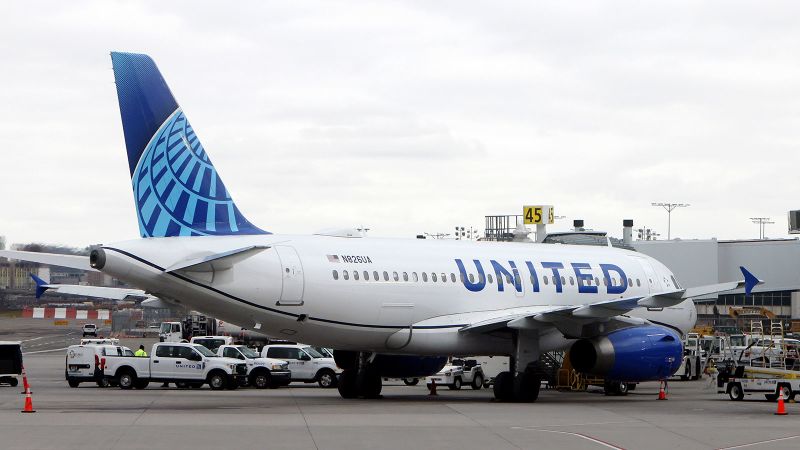United Airlines is facing a pilot shortage due to delays in Boeing deliveries, prompting the company to ask pilots to take voluntary unpaid leave in May. The reduction in forecasted block hours for 2024 has led to an excess staffing issue, prompting the need for voluntary programs to reduce the number of pilots on duty. The offer may extend into the summer and fall months, with the company still paying some benefits to pilots while they are on leave. This situation highlights the broader issue of an aging pilot workforce in the aviation industry, exacerbated by widespread furloughs during the Covid-19 pandemic.
Boeing’s production crisis has had a significant impact on airline operations, particularly at United Airlines, where 81% of its mainline operations use Boeing jets. The Federal Aviation Administration is closely monitoring United following a series of incidents, including a Boeing 737-800 landing in Medford, Oregon missing an external panel. United CEO Scott Kirby has expressed interest in potentially purchasing jets from Boeing competitor Airbus due to the delivery delays of Boeing aircraft, including the Max 10. The delivery issues primarily affect United’s 787 and 737 fleets, highlighting the company’s heavy reliance on Boeing aircraft compared to its competitors.
United Airlines has experienced several incidents involving Boeing aircraft in recent months, including a plane spewing flames from an engine, sliding off the runway, losing a wheel during takeoff, and trailing hydraulic fluid. While these incidents are unrelated, they have raised concerns and prompted the company to prioritize safety measures. The focus on safety and operational reliability has been heightened following the incident involving an Alaska Airlines Boeing 737 Max 9 aircraft, which has put Boeing under increased scrutiny.
In response to the delivery delays and operational challenges, United Airlines is seeking voluntary programs to address the excess staffing issue and adjust to the reduced forecasted block hours for 2024. This approach is aimed at managing the pilot shortage while ensuring that benefits are maintained for those on leave. The airline industry as a whole has been grappling with workforce challenges, including pilot shortages and furloughs, which have been exacerbated by the ongoing impacts of the Covid-19 pandemic. United’s efforts to address these challenges reflect the broader challenges facing the aviation industry.
United Airlines is considering options to address the delivery delays and operational issues, including potential purchases from Boeing competitor Airbus. The company’s heavy reliance on Boeing aircraft has made it particularly vulnerable to the production crisis at Boeing. The incidents involving Boeing aircraft have raised concerns about the safety and reliability of these planes, prompting the company to take steps to address these issues and ensure a focus on safety. The incidents have highlighted the need for increased attention to safety measures and operational reliability in the aviation industry.
Overall, the challenges facing United Airlines and the broader aviation industry underscore the complexities of managing a workforce and operational issues amid ongoing disruptions such as delivery delays and safety incidents. The company’s efforts to address the pilot shortage through voluntary programs and potential aircraft purchases reflect the evolving landscape of the aviation industry. By prioritizing safety and operational reliability, United Airlines is working to navigate the challenges posed by the production crisis at Boeing and other industry-wide workforce issues.


